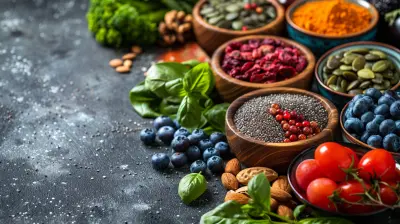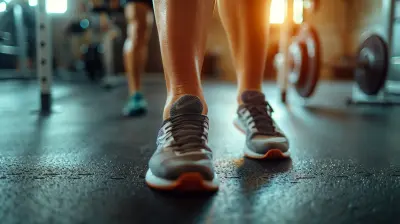The Real Difference Between Weight Loss and Fat Loss
4 October 2025
Let’s get real for a second — how many times have you heard the phrases “weight loss” and “fat loss” used like they mean the exact same thing? Too many, right? It’s no wonder people get confused. If you’ve been trying to get healthier, feel better in your own skin, or fit back into those jeans buried deep in your closet, it’s important to know the real difference between weight loss and fat loss.
Spoiler alert: they are not the same thing. Not even close.
In this post, we’re breaking it all down so you won’t fall for the scale's lies ever again. Ready? Let’s jump in.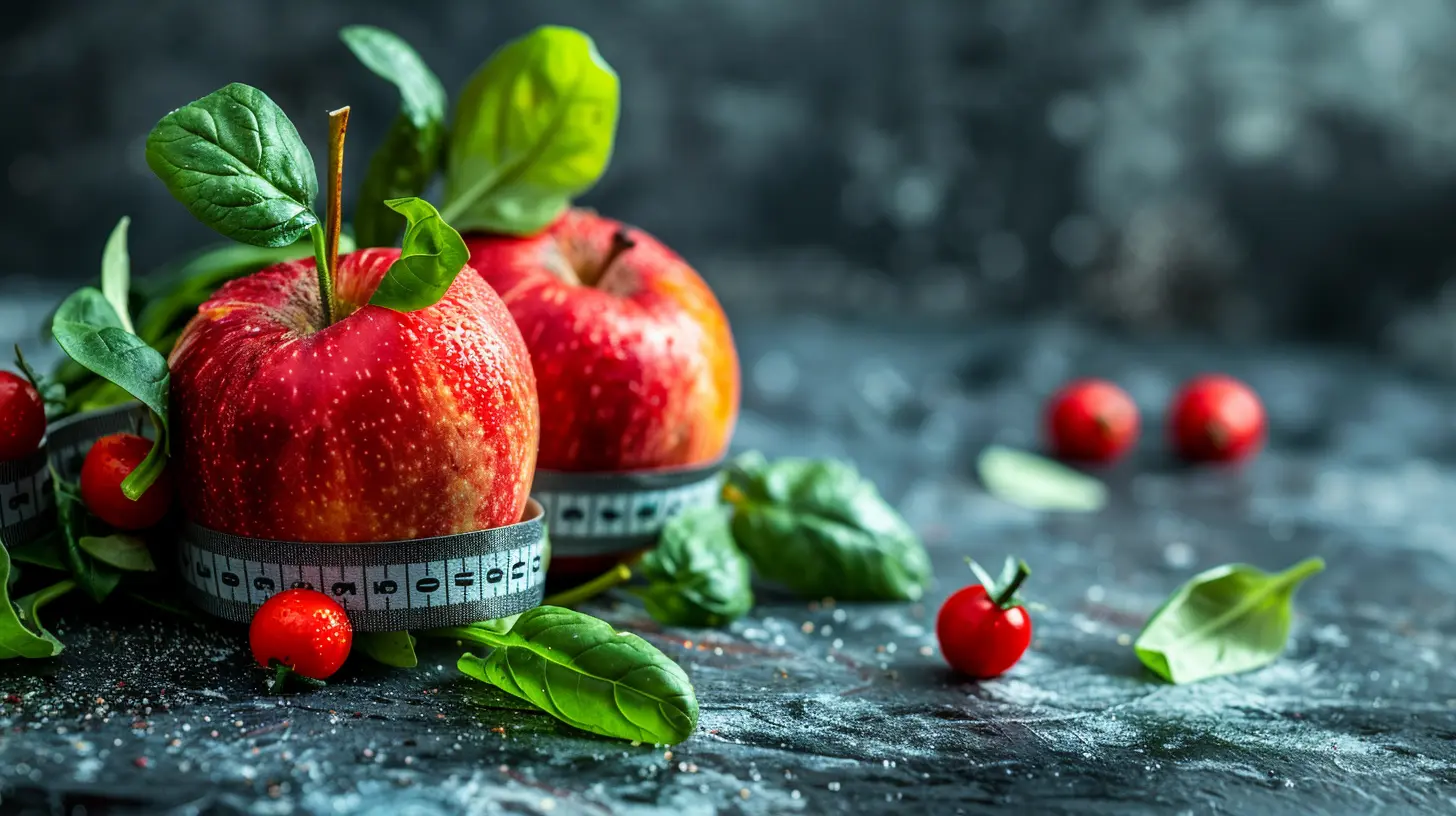
What Is Weight Loss?
Weight loss is pretty straightforward — it’s when the number on the scale goes down. That number includes everything in your body: fat, muscle, water, bones, organs, undigested food — basically, all of you.So when you say you've lost 5 pounds, the question is: 5 pounds of what exactly?
Here’s the kicker — that scale doesn’t tell you if you lost fat, muscle, or just water weight. And that’s where things get a little murky.
Weight Loss Doesn’t Always Mean Better Health
Let’s say you go on a crash diet or do a ton of cardio and barely eat for a week. You step on the scale and — BAM — down 5 pounds. Amazing, right?Not so fast.
Chances are, most of that weight wasn’t fat. You probably lost some water and muscle. And losing muscle? That’s not good news. Muscle is your body's calorie-burning powerhouse. Losing it slows down your metabolism and makes it harder to keep weight off in the long run.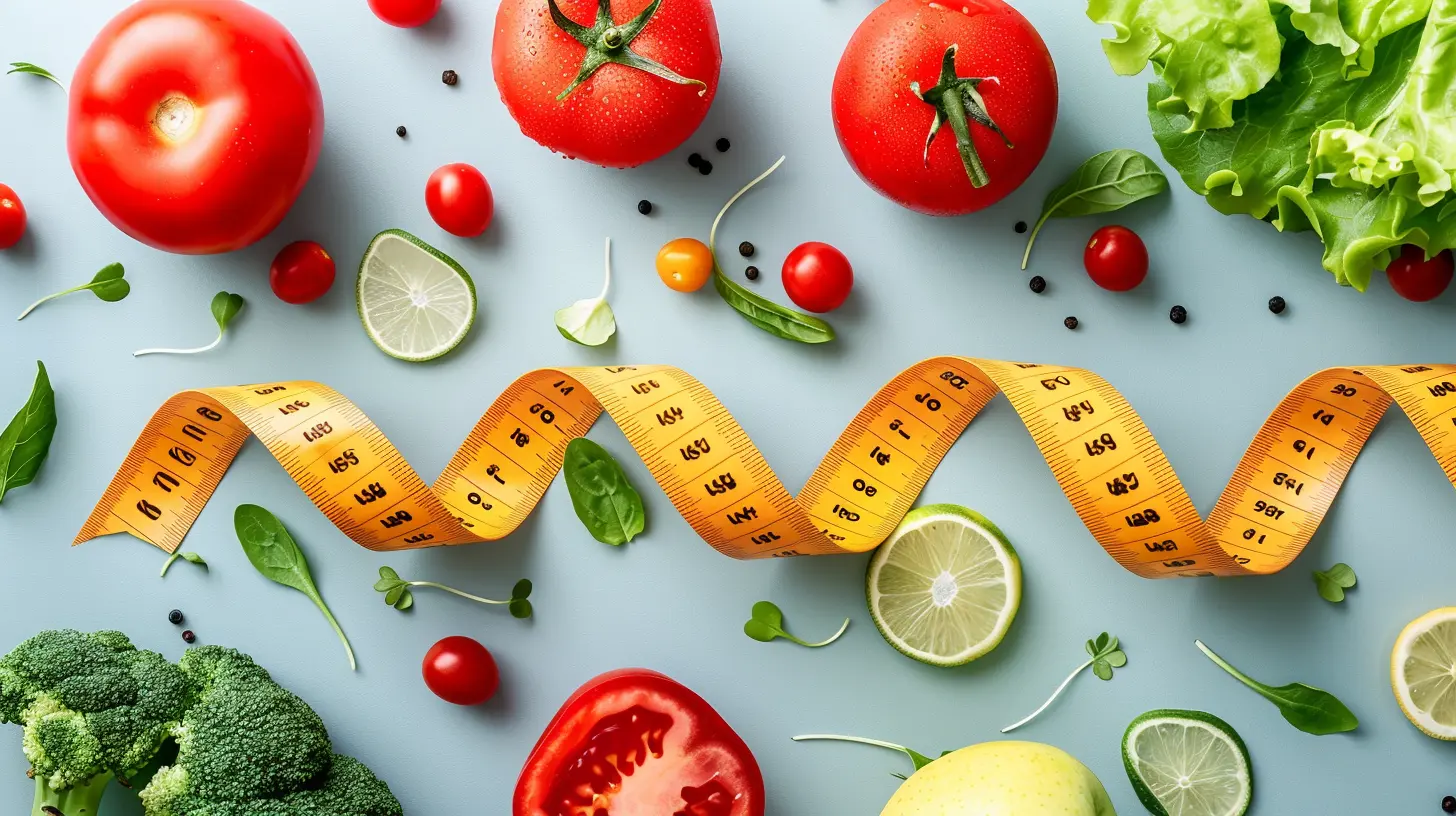
What Is Fat Loss?
Now, fat loss is a whole different ball game — and it’s the one you really want to be playing.Fat loss means you’re specifically targeting the extra body fat that your body has stored. That stuff around your stomach, thighs, and hips that you're trying to get rid of? Yep, that’s fat. When you focus on losing fat rather than just weight, you’re aiming for a leaner, healthier physique.
Fat Loss = Better Body Composition
Here’s the deal: Fat loss changes your body composition, which is the ratio of fat to everything else in your body (like muscle, bones, and organs).Someone might weigh the same after losing fat and gaining muscle — but they’ll look a heck of a lot different (and healthier!). Their clothes fit better, their body looks more toned, and they feel stronger.
So instead of obsessing over weight loss, what you really want is improved body composition — more muscle, less fat.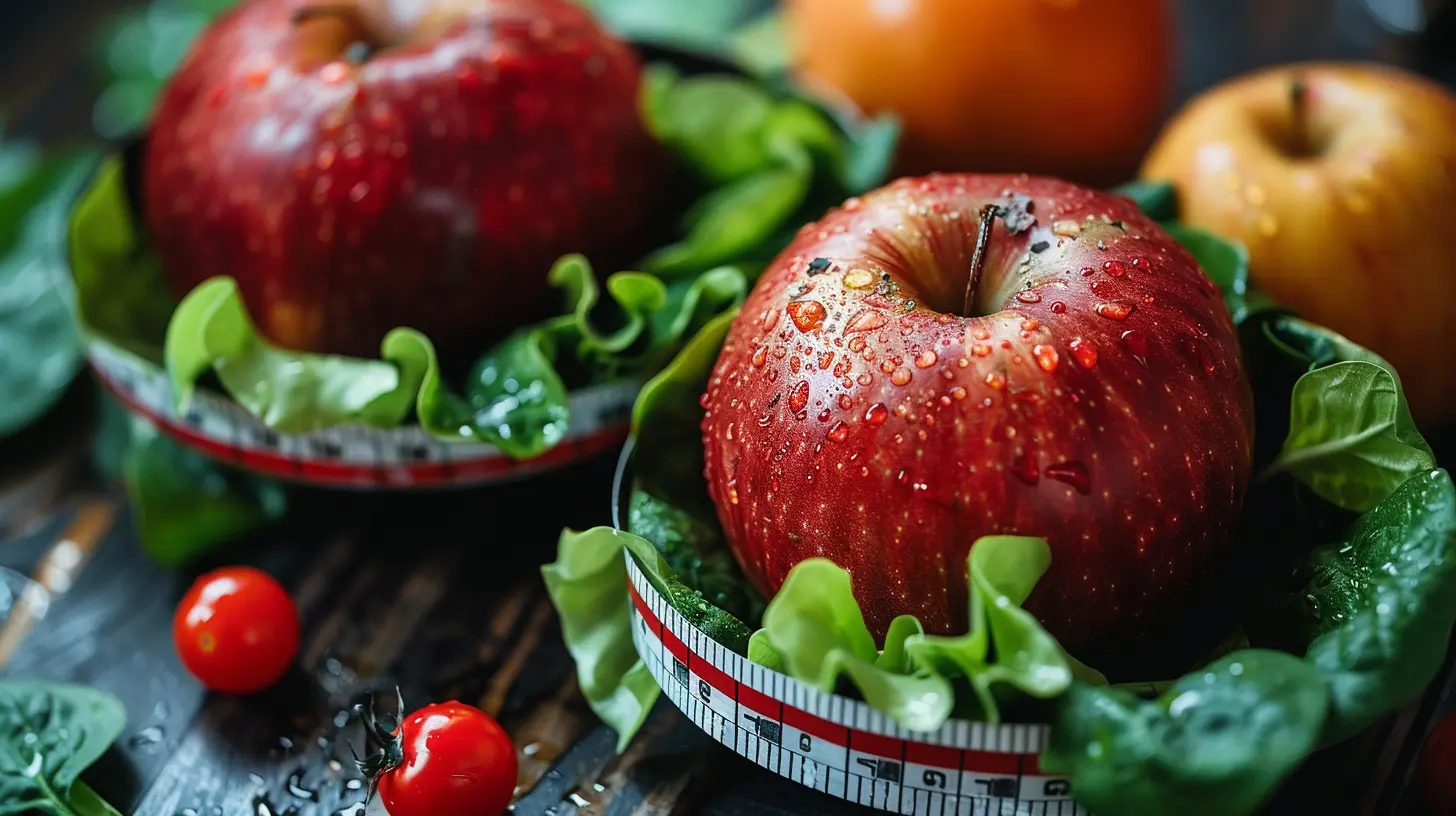
The Scale Can Be a Dirty Liar
Let’s talk about the scale for a sec.It’s kind of like that friend who exaggerates everything. One minute it tells you you’re up 3 pounds; the next day, you’ve magically dropped 4. Like… make up your mind!
Here’s why this happens:
- Water Retention: Eat salty food? PMS? Hormones? Boom — water weight gain.
- Undigested Food: What you ate earlier is still in your system.
- Muscle Gain: Gained muscle from the gym? Scale goes up, but that’s a good thing.
Moral of the story? The scale doesn’t know what you lost or gained — fat, water, or muscle — it just shows a number. That’s why it's not always the best tool for measuring progress.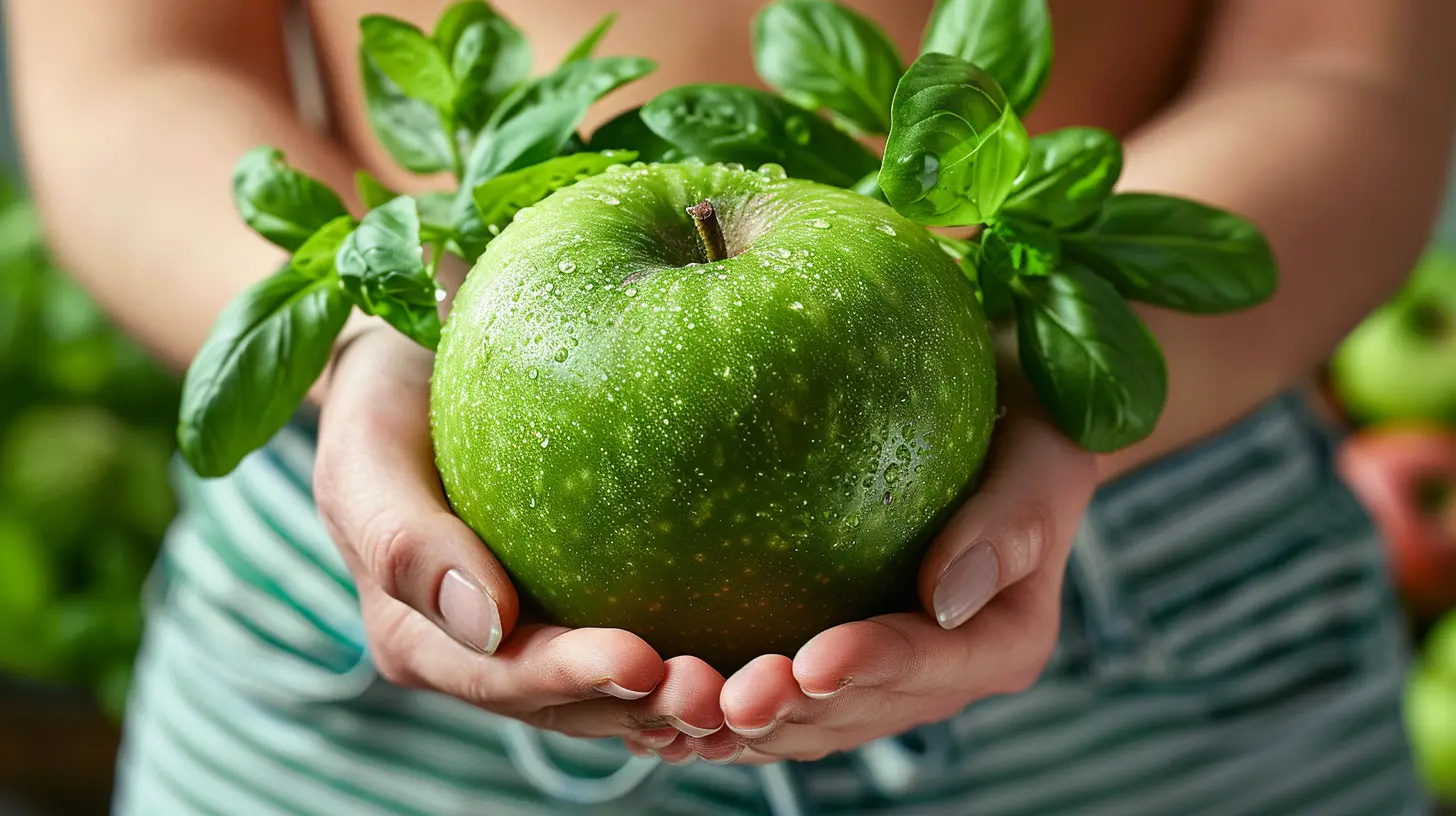
A Better Way to Track Progress
So if the scale is a liar, how do you really know if you’re making progress?Try these instead:
1. Progress Photos
Take weekly photos. Same lighting, same clothes. You’ll be shocked at the subtle changes you spot over time.2. Measurements
Use a tape measure to track your waist, hips, thighs, and arms. Inches lost can show fat loss even when your weight hasn’t budged.3. How Your Clothes Fit
That pair of jeans that used to scream for mercy? If they’re starting to button up without a fight, you’re winning.4. Body Fat Percentage
Some scales and fitness centers can estimate your body fat percentage. It’s not perfect, but it gives you a better picture than plain ol' weight.Why You Want to Keep Muscle While Losing Fat
Alright, here’s something important — when you're trying to lose fat, it’s crucial to protect your muscle. Why?Because muscle is gold.
Having more muscle boosts your metabolism, helps you burn more calories at rest, and gives your body that lean, defined look (yes, that sculpted vibe you see on Instagram).
When people do extreme diets or only focus on cardio, they often lose muscle and fat. The result? A smaller version of the same body, with less tone and definition. That's not the goal, right?
To keep that precious muscle, you need two key things:
- Strength Training — Lifting weights or doing resistance exercises signals your body to hold onto muscle.
- Enough Protein — Your muscles need protein to repair and grow. Skimping on it is a big no-no if fat loss is the goal.
Let’s Talk About Water Weight
Ever wake up one day feeling lean, then the next day your pants won’t button?Blame water weight.
Water weight can swing 2 to 5 pounds in a single day — especially for women. It’s affected by sodium intake, carbs, sleep, stress, and hormones.
But here’s the thing: Water weight isn’t the enemy. It’s just temporary and not true fat gain. So don't freak out over a sudden scale spike. Stay consistent and those fluctuations will even out.
What About BMI — Is It Useful?
Ah, BMI (Body Mass Index). It's been around forever, but is it actually helpful?Well... kind of, but not always.
BMI just compares your weight to your height. It doesn’t account for muscle mass, bone density, or fat distribution. That means a really muscular person could be considered “overweight” by BMI standards, while someone with low muscle and high body fat could fall in the “normal” range.
So yeah, take BMI with a grain of salt. It’s a general guideline, not the full story.
Why Fat Loss Takes Time (But Is Totally Worth It)
We live in a world of instant gratification — same-day delivery, 30-minute workouts, fast food. But when it comes to fat loss, patience is key.Why?
Because your body doesn’t want to part with fat easily. It’s your survival reserve — its “just in case” stash for famine or hard times (even if those hard times are just skipping breakfast).
So, if you're doing everything "right" and the scale isn’t moving much, don’t get discouraged.
You might be:
- Losing fat and gaining muscle at the same time (yes, it happens!)
- Holding onto water weight (totally normal)
- Building a healthier metabolism for the long haul
Remember: sustainable fat loss happens slowly — about 1 to 2 pounds per week. Quick fixes might help you lose weight fast, but they rarely lead to lasting fat loss (and often wreck your metabolism in the process).
The Best Way to Lose Fat (Without Losing Muscle)
Here’s your blueprint:1. Strength Train at Least 3x a Week
Don’t skip this. Resistance training helps preserve your muscle and keeps your metabolism humming.2. Eat Enough Protein
Aim for about 0.8 to 1 gram of protein per pound of body weight. Think lean meats, eggs, tofu, beans, and protein shakes.3. Create a Gentle Calorie Deficit
You don’t need to starve yourself. Try eating 300–500 fewer calories per day to lose fat gradually and safely.4. Stay Active
Even walking counts. Move as much as you can throughout the day.5. Get Enough Sleep
Sleep is your secret weapon. Poor sleep messes with hunger hormones and fat-burning.So, Weight Loss vs Fat Loss — Which One Should You Aim For?
That’s easy.👉 Always choose fat loss over weight loss.
Weight loss is just a number game. You could lose weight by dehydrating yourself, skipping meals, or losing muscle — and none of those options are good.
Fat loss, on the other hand, means you're losing the stuff you actually want to lose — excess body fat — while keeping (or gaining) muscle. It’s how you get stronger, leaner, and feel better overall.
So next time you step on the scale and don’t see it move? Don’t panic. Instead, check the mirror, your clothes, your measurements — those are your real progress trackers.
Final Thoughts: Focus on What Really Matters
At the end of the day, chasing a smaller number on the scale won’t necessarily make you healthier or happier. But focusing on fat loss — building lean muscle, eating well, and treating your body with respect — now that leads to lasting results.So ditch the scale obsession, grab some dumbbells, keep your meals balanced, and remember: how you feel and function matters way more than any number ever could.
all images in this post were generated using AI tools
Category:
Fat LossAuthor:

Laurie Barlow
Discussion
rate this article
1 comments
Isadora Davis
Understanding the distinction between weight loss and fat loss is crucial for holistic health. Weight loss often reflects water and muscle loss, while fat loss signifies positive body composition changes. Embracing this difference can foster a healthier mindset, encouraging sustainable habits that prioritize overall well-being over mere numbers on a scale.
October 17, 2025 at 4:51 AM

Laurie Barlow
Thank you for your insightful comment! Understanding the distinction between weight loss and fat loss is indeed essential for fostering healthier habits and promoting overall well-being.

